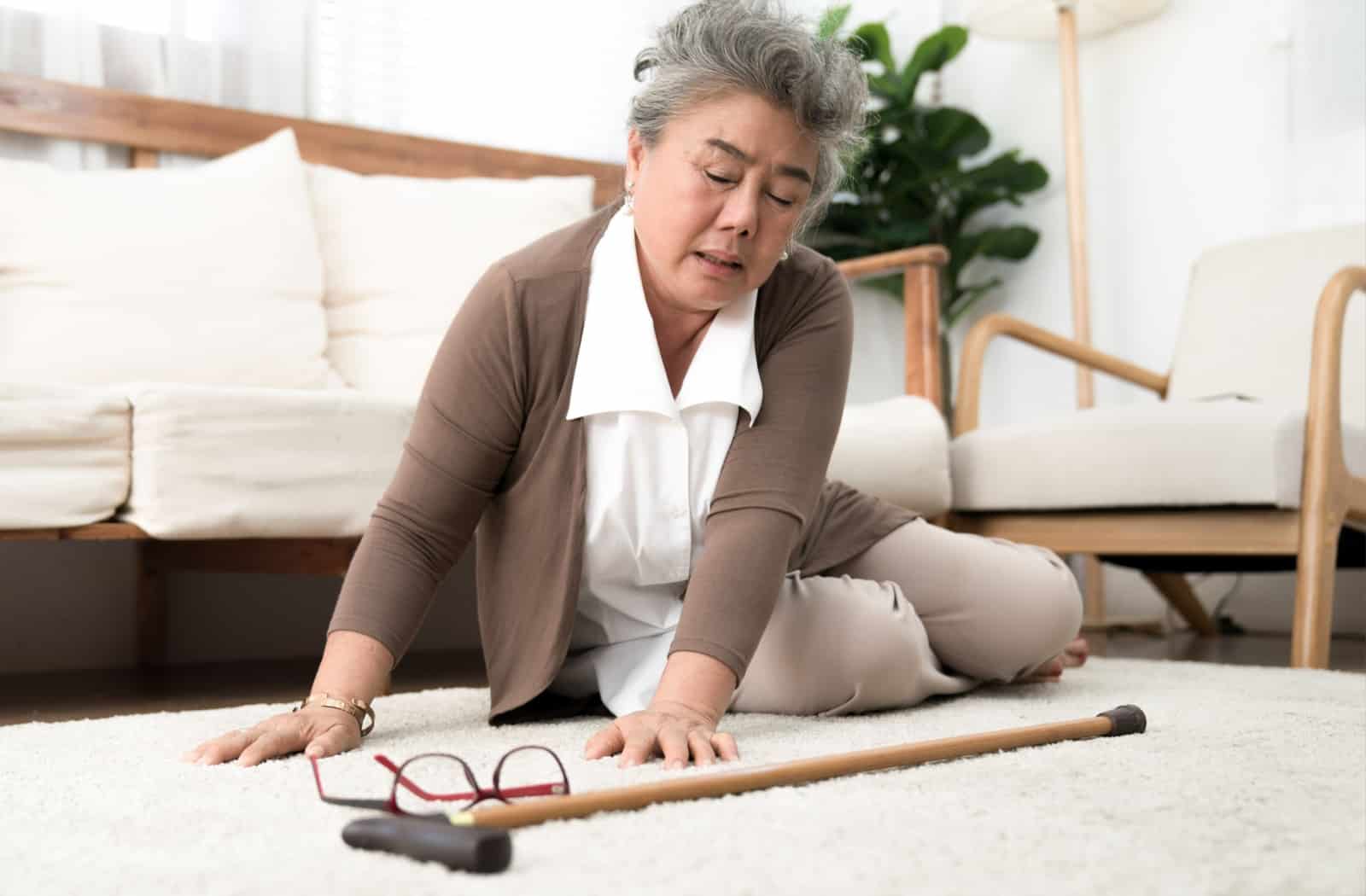As we age, our bodies experience various changes that can affect our overall health and well-being. One often overlooked yet vital aspect for older adults is balance. Maintaining good balance becomes increasingly important as we age since it plays a key role in preventing falls and preserving independence. Falls are the leading cause of both fatal and nonfatal injuries among older adults.
So, why should older adults engage in balance-enhancing exercises? Primarily because maintaining balance can help:
- Prevent falls
- Support independence
- Improve bone and muscle health
- Enhance coordination
- Boost cognitive function
- Aid in fall recovery
- Improve metabolism
- Alleviate joint pain
Specialized fitness programs can help strengthen balance in older adults, with a focus on improving stability, enhancing coordination, and boosting overall physical health. With various clubs, activities, and expert-led programs, Holbrook creates an inspiring environment where seniors can thrive and maintain their independence.
Keep reading to find out more about the many benefits of performing balance exercises.
Preventing Falls
One of the main reasons older adults should prioritize balance exercises is to mitigate the risk of falls. Falls are a major concern for seniors and can result in serious injuries like fractures and head trauma. Balance exercises enhance stability and coordination, decreasing the likelihood of falls and their associated consequences.
Simple practices such as standing on one foot or walking heel to toe can significantly improve balance and help reduce the risk of losing stability.
Maintaining Independence
For many seniors, maintaining independence is a top priority. The ability to perform daily activities without assistance significantly enhances the quality of life. Balance exercises improve overall mobility and confidence, enabling seniors to move freely and partake in activities they enjoy.
Bone & Muscle Health
As we age, decreases in bone density and muscle mass can make bones more susceptible to fractures and affect our strength and balance. Regular balance exercises help build strength and endurance. Weight-bearing activities like standing on one leg or walking heel-to-toe not only improve balance but also enhance bone health. Strong bones are essential for overall stability and reducing the risk of fractures.
Balance exercises also engage core muscles, which support the spine and enhance posture and bladder control. Strengthening the core can reduce back pain and improve mobility.
Enhancing Coordination
Balance exercises often involve a series of movements that challenge and improve coordination. Better coordination helps prevent accidents and injuries both at home and outside. Older adults who regularly engage in balance exercises are better prepared to navigate their surroundings with confidence.
Boosting Cognitive Function
Balance exercises also offer cognitive benefits vital for brain health. Research has shown that balance exercises can enhance concentration, memory, and creativity. These exercises require attention and focus, helping seniors maintain their cognitive abilities.
Regular physical activity is also linked to a reduced risk of cognitive decline, dementia, and Alzheimer’s disease by at least 30 percent.

Fall Recovery
If an older adult does experience a fall, having good balance can significantly aid in recovery. The ability to catch oneself and stay composed during a fall can minimize injury severity. Balance exercises enhance the body’s natural reflexes and reactions, contributing to a quicker recovery.
Social Engagement
Engaging in group balance exercises also offers social benefits for seniors. Participating in classes or group activities fosters social connections, reduces feelings of isolation, and promotes emotional well-being.
Enhancing Emotional Well-Being
Regular exercise stimulates the release of endorphins, natural hormones that promote feelings of happiness and well-being. Endorphins can alleviate stress, anxiety, and depression, which can be common among seniors. If seniors choose to participate in group exercise, being part of a group can enhance this feeling of well-being even further.
Boosting Metabolism
Engaging in regular balance exercises can help boost metabolism. As the body works to maintain stability, it uses various muscle groups, leading to increased calorie burn and improved metabolic function. This can be particularly beneficial for weight management and overall health.
Alleviating Joint Pain
Balance exercises often involve gentle movements that can help lubricate joints and reduce stiffness. These low-impact exercises can alleviate joint pain associated with conditions like arthritis, making daily activities more comfortable and manageable.
Aging with Grace & Independence
At Holbrook Acworth, we believe incorporating balance exercises into a senior’s routine is a proactive way to maintain health and well-being. These exercises provide numerous benefits, from preventing falls and enhancing independence to promoting cognitive function and social engagement.
By prioritizing balance as a key component of overall fitness, seniors can lead active and fulfilling lives, aging with grace and vitality. Every individual’s journey toward aging is unique, but with balance exercises, older adults can maintain an active and rewarding lifestyle.
Holbrook Acworth knows it’s never too late to begin integrating balance exercises into your daily routine and experience the rewards of improved stability and well-being. Book a tour today to learn more about our communities and experiences, and discover how we can help enhance your active lifestyle!
